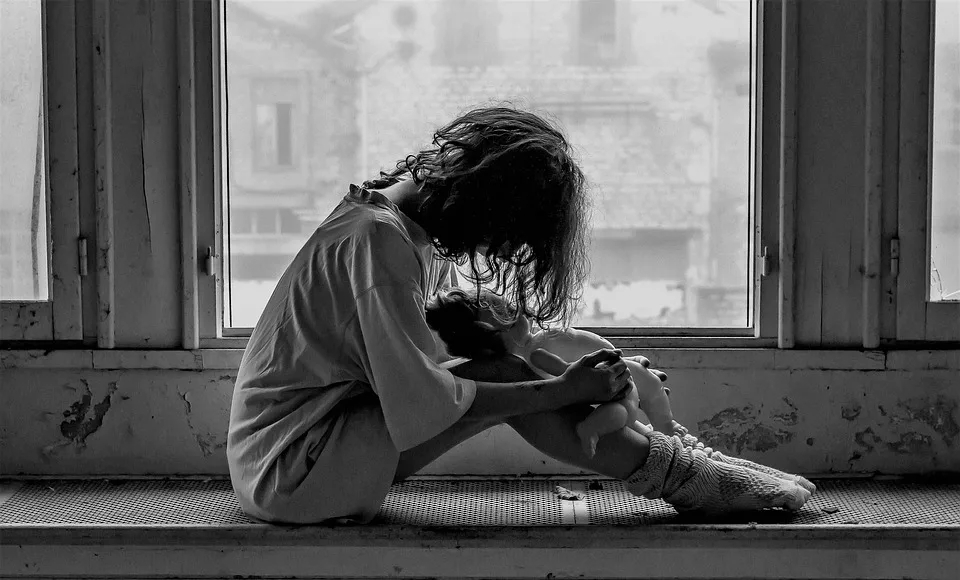Beyond Sadness: Recognizing the Less Obvious Symptoms of Depression
Depression is a mental health disorder that affects millions of people worldwide. While feelings of sadness, hopelessness, and despair are commonly associated with depression, there are many other symptoms that are not as well-known but are just as important to recognize. In this article, we will explore some of the less obvious symptoms of depression and how to identify them in yourself or others.
Less Obvious Symptoms of Depression
1. Fatigue: Persistent tiredness and lack of energy can be a sign of depression. People with depression may struggle to get out of bed in the morning and may feel exhausted even after a full night’s sleep.
2. Changes in appetite: Depression can lead to changes in appetite, resulting in either weight gain or weight loss. Some people may overeat as a way to cope with their emotions, while others may lose their appetite altogether.
3. Irritability: While sadness is a common symptom of depression, irritability is often overlooked. People with depression may become easily frustrated, agitated, or angry over small issues.
4. Physical aches and pains: Depression can manifest as physical symptoms such as headaches, muscle aches, and stomach problems. These symptoms may not respond to traditional medical treatments, as they are rooted in the individual’s mental health.
5. Difficulty concentrating: Depressed individuals may have difficulty focusing, making decisions, and remembering things. This can impact their work performance, relationships, and daily activities.
Identifying Less Obvious Symptoms of Depression
Recognizing the less obvious symptoms of depression can be challenging, as they may not be as easy to spot as feelings of sadness or hopelessness. However, there are some key signs to look out for:
- Changes in sleep patterns, such as insomnia or oversleeping
- Withdrawal from social activities and relationships
- Loss of interest in activities that were once enjoyable
- Feelings of guilt, worthlessness, or self-blame
- Thoughts of death or suicide
If you or someone you know is experiencing any of these symptoms, it is important to seek help from a mental health professional. Depression is a serious illness that requires treatment, and ignoring the less obvious symptoms can lead to further complications.
Conclusion
Depression is a complex mental health disorder that can manifest in a variety of ways. While feelings of sadness are often associated with depression, there are many less obvious symptoms that are equally important to recognize. By being aware of these symptoms and seeking help when needed, individuals can better manage their depression and improve their overall quality of life.
FAQs
1. How common is depression?
Depression is a common mental health disorder that affects millions of people worldwide. According to the World Health Organization, over 264 million people suffer from depression globally.
2. What causes depression?
Depression is a complex condition with multiple factors contributing to its development. These factors can include genetics, brain chemistry, traumatic life events, and other medical conditions.
3. How is depression treated?
Depression is typically treated with a combination of therapy, medication, and lifestyle changes. Cognitive-behavioral therapy and antidepressant medications are commonly used to manage symptoms of depression.
4. Can depression be cured?
While there is no definitive cure for depression, it can be effectively managed with the right treatment and support. Many people with depression are able to lead fulfilling and happy lives with proper care.

